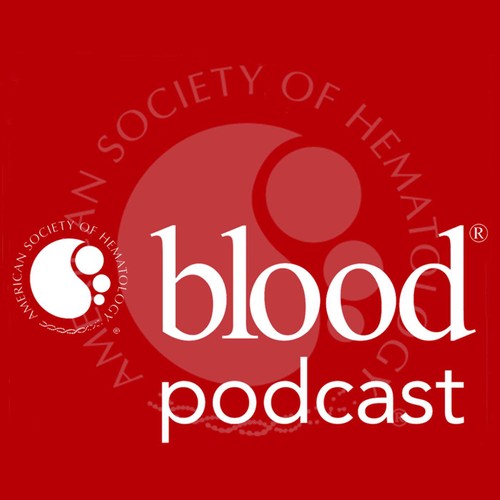
 Blood Podcast
Blood Podcast Use of Marstacimab for Prophylaxis in hemophilia A and B; matched-donor allogeneic CD19 CAR-T in adult B-ALL; a new prognostic index for T-cell cutaneous lymphomas
Oct 2, 2025
Explore groundbreaking advances in hemophilia treatment with marstacimab, which effectively reduces bleeding without inhibitors. Discover how matched-donor allogeneic CD19 CAR-T therapy enhances outcomes for adult B-ALL patients, showcasing impressive efficacy after lymphodepleting chemotherapy. Dive into the new CLIPI prognostic index for T-cell cutaneous lymphomas, which could revolutionize patient management by identifying those needing intensified treatment based on key risk factors. Tune in for fascinating insights and developments in hematology!
AI Snips
Chapters
Transcript
Episode notes
Marstacimab Rebalances Hemostasis
- Marstacimab (anti-TFPI) rebalances coagulation by boosting FXa/FVIIa-driven thrombin independently of FVIII/FIX.
- BASIS showed large ABR reductions versus on-demand and non-inferiority to routine prophylaxis with no thromboses reported.
Consider Weekly Subcutaneous Prophylaxis
- Consider subcutaneous marstacimab 150 mg weekly as prophylaxis to reduce bleeding in severe hemophilia A and moderate-severe B without inhibitors.
- Monitor for anti-marstacimab antibodies and thrombosis and continue longer follow-up before widespread adoption.
Epitope Differences May Affect Safety
- Different anti-TFPI antibodies bind distinct TFPI epitopes and have variable dosing schedules and affinities.
- These molecular differences may influence thrombosis risk and require longer follow-up to clarify safety differences.
